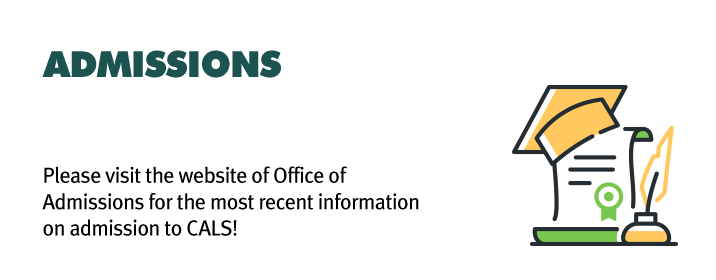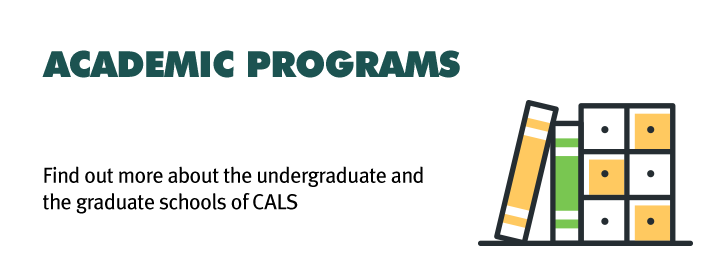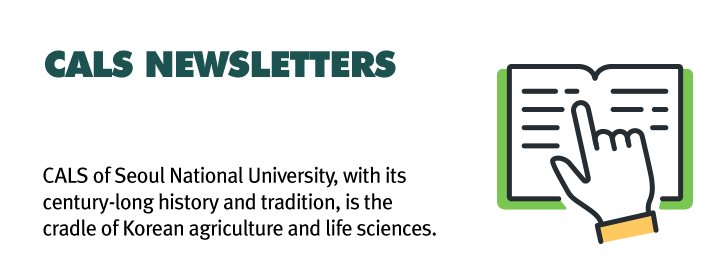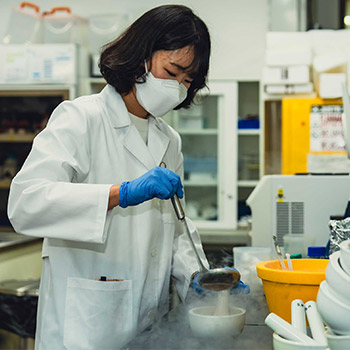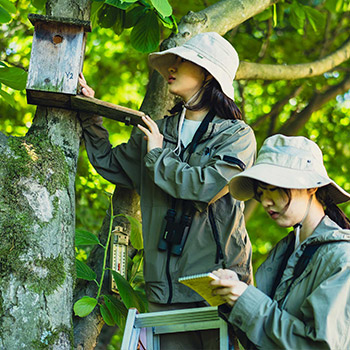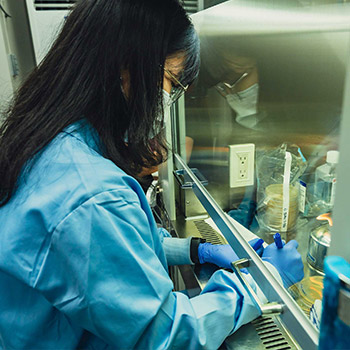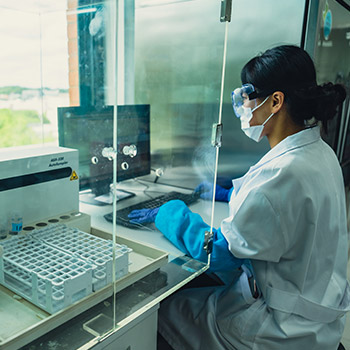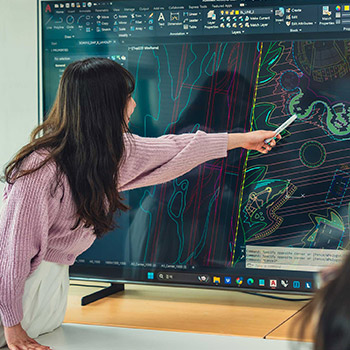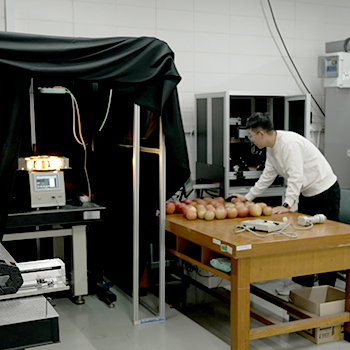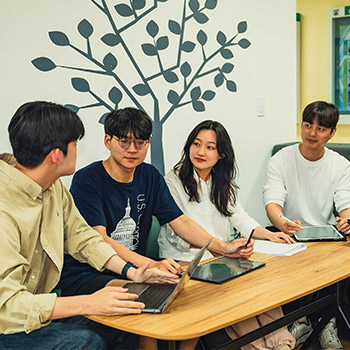Interview with professor Kim Taehyung, Biosystems Engineering major
The College of Agriculture and Life Sciences has begun a new semester in March of the 23rd. The Biosystems Engineering major has a new professor, Kim Taehyung. Professor Kim graduated from Sungkyunkwan University's master's program and Seoul National University's doctoral program, and worked as a researcher in the field of artificial intelligence at LG Electronics' CTO department for 10 years. We interviewed Professor Kim about his new job as a professor of Biosystems Engineering in March this year after gaining various practical experiences in the industry.
Q. What is the most memorable research you have done so far?
A. I remember a study called 'BabyMind' that I conducted during my PhD program. This project is especially meaningful and fondly remembered because I was involved from the proposal stage. BabyMind was a study to create a sustainable infant-level artificial intelligence model that mimics the way babies interact with the environment and learn through experience. In order to implement such an AI, we first needed to understand what intelligence is and what stages it goes through, and in this process, we discussed and collaborated with experts in various fields such as linguistics, psychology, and neuroscience. I think this project greatly broadened my perspective on AI research and gave me the opportunity to grow.
Q. What kind of research will you be doing at the Agricultural AI and Big Data Lab?
A. We plan to conduct research in two areas: 'Fundamental AI methodology' and 'Application of AI technology to agriculture'. In recent years, artificial intelligence technology has emerged as an important tool in the development of agricultural technology to improve the quality and productivity of agricultural products, and is playing an increasing role throughout the value chain, from the procurement of agricultural raw materials to the final consumption of agricultural products. However, despite the significant attention and investment of human and material resources, the contributions and applications of AI in agriculture are still far from complete. We believe that the main reason for this phenomenon is the lack of mutual understanding and domain knowledge among experts in related fields. AI technologies developed to date may not fully consider problems that may arise in other industries, and there are limitations in applying existing methodologies to the agricultural field. To overcome this, we want to research fundamental AI technologies that take into account the specificities of the agricultural sector through collaboration with relevant experts with sufficient understanding of the domain knowledge and difficulties in the application field.
Q. What are your goals other than research?
A There are things I want to accomplish in terms of education. In order to take AI classes at the College of Agriculture and Life Sciences and become an expert in the field, students have to complete prerequisite courses for AI along with their existing majors. This barrier to entry makes it difficult for our students to adapt to the field of AI and reduces their interest. In computer science and other fields, students need to complete numerous prerequisites to become an AI expert, but I believe that the knowledge essential for understanding and utilizing AI in the real world and for continuous self-directed learning can be taught in a relatively short period of time. I want to understand the difficulties of students studying AI at our university and organize the course curriculum so that non-majors can easily follow along by minimizing prerequisites. I also want to create a culture where students voluntarily read the latest AI papers and share them with each other to develop together. Through this, I hope to train hundreds or thousands of agricultural AI researchers who are better than me.
Q. Finally, do you have any words of advice for students in the College of Agriculture and Life Sciences?
A. I would like to tell them to study together rather than alone. In many fields, technology is advancing faster and faster. Continuing education is essential in order to grow as a professional amidst these changes, and missing out on trends in technology can quickly lead to being left behind. The most efficient way to learn the new knowledge that is pouring in is to teach each other and study together. After reaching a certain level through the school's curriculum, you should be able to become an instructor as well. I would like to encourage you to voluntarily organize study groups, seminars, etc. and share and discuss what you have learned with each other and have fun doing it.


